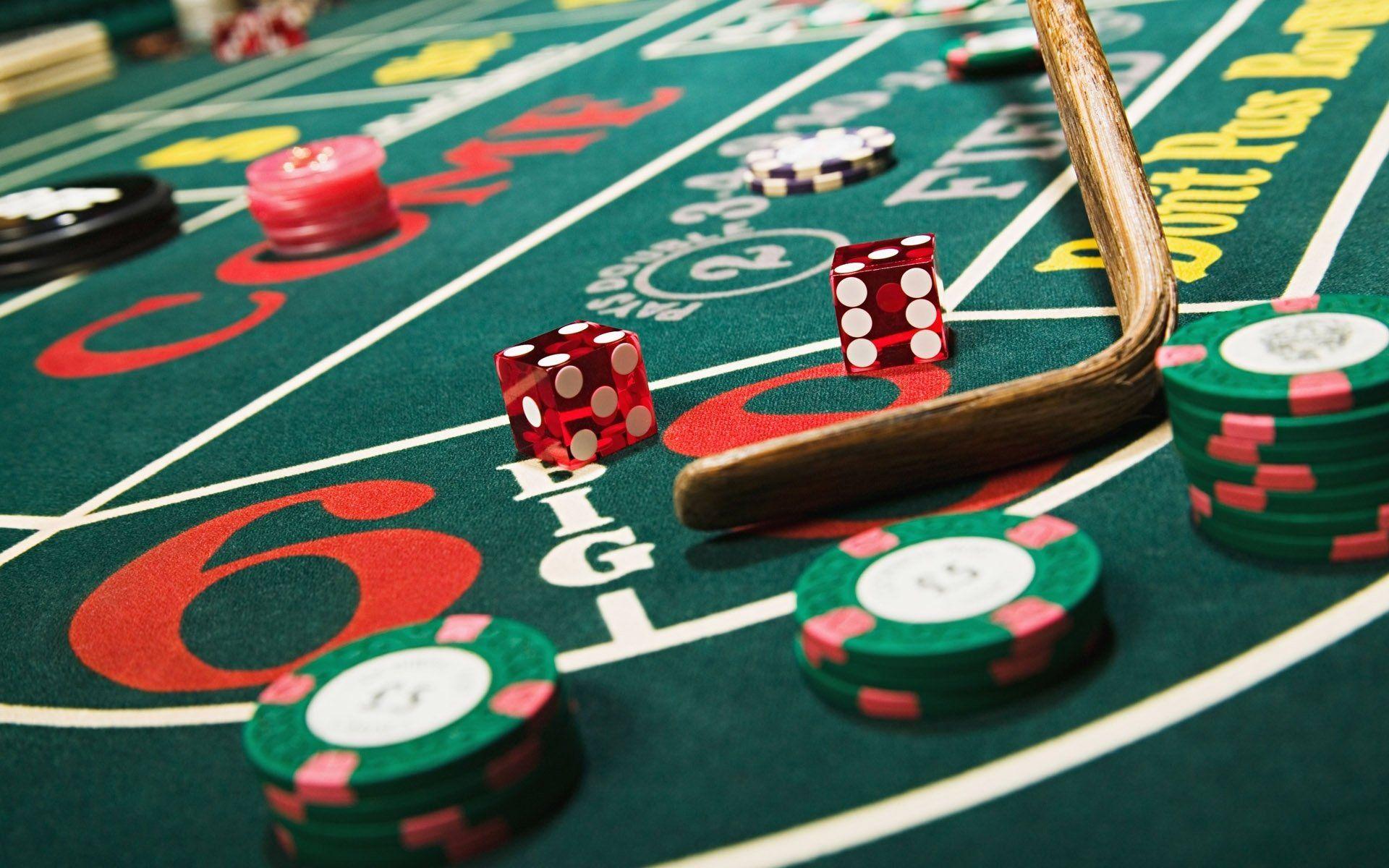
Gambling games have long captured the imagination of humans around the world, becoming an integral part of both fun and culture. From the glimmering lights of Las Vegas to the captivating experience of internet gambling, these activities evoke excitement, risk, and sometimes even a sense of nostalgia. They are not just simply hobbies; they have woven themselves into the tapestry of our lives, influencing various aspects from movies and songs to clothing and writing.
The charm of casino games transcends the gambling aspect, tapping into wider themes of serendipity, risk, and human behavior. As players assemble around a gaming table or turn the roulette wheel, they engage in an timeless ritual that resonates with our shared desire for thrill and unpredictability. This fascination has led to the rise of many references in movies, songs, and electronic games, showcasing how intensely entrenched these pastimes are in popular culture. Whether it is the high-stakes tension of a legendary robbery film or the vibrant nightlife portrayed in music videos, casino games have created a substantial place that reflects our bond with risk and reward.
Social Importance of Casino Games
Gambling games have played a crucial role in cultural contexts throughout the ages. Stemming from ancient societies, games of chance were often connected to ceremonies or gatherings. For instance, early forms of these activities can be linked back to historic Chinese and the Roman Empire, where dice games and wagering on results were common pastimes. These games not only functioned as leisure but also as methods of social interaction, facilitating connections among people within societies.
As societies evolved, so did the sophistication and structure of gambling games. The establishment of official casinos in the 17th century, particularly in Italy, marked a major shift in how games were perceived and organized. With specific spaces for gaming, the casino became a social hub where patrons from different backgrounds gathered. This change contributed to the legitimization of gambling, transforming it from a mere pastime into an organized industry that shaped the economy and policy.
The effect of casino games on popular culture cannot be overlooked. As they were popularized in literature and movies, games such as Texas Hold’em and blackjack became symbols of chance, chance, and strategy. Iconic characters and stories have developed around these activities, illustrating societal views towards luck, prosperity, and immorality. This interest with gambling games has infiltrated various forms of media, solidifying their place in the collective consciousness and linking them to wider cultural stories throughout the ages.
Portrayal of Gambling Games in Entertainment
Casino games have long been a popular theme in different types of entertainment, reflecting both the excitement and intricacies of gambling culture. Movies such as Ocean’s Eleven and Casino Royale portray figures who navigate intense situations, showcasing not only the attractiveness of the casino atmosphere but also the tactics and decisions that come with playing popular games like poker and blackjack. These films often dramatize the excitement of winning and the potential consequences of losing, encapsulating the perils involved in gambling.
TV programs have also explored the realm of casino games, often integrating them into the storyline as a backdrop for story progression and tension. Series like Vegas depict the lives of gambling employees and patrons, highlighting the vibrant, often chaotic energy of the gaming floor. Reality shows featuring high-stakes betting contests further emphasize the fascination of casino games, drawing viewers into the excitement and strategy involved in each session. Through these representations, media not only entertains but also stimulates conversations about fortune, skill, and the nature of chance.
Digital games have increasingly integrated casino games into their structure, allowing players to recreate the experience of gambling without financial exposure. Rik vip Games within the domain of digital gaming often include virtual slots, online poker, and other casino favorites, creating an engaging environment that mirrors real-life gameplay. These virtual portrayals make gambling activities accessible to a worldwide viewer base, appealing to both players who indulge and those who enjoy the thrill of simulation. As a result, the representation of gambling activities in entertainment continues to shape societal views and importance, highlighting their function in society and the cultural landscape.
Effect of Gambling Activities on Society
Gambling activities have a meaningful impact on society, influencing multiple aspects of societal norms and social behavior. They often serve as a venue for community engagement, where people gather to experience a common experience. Game nights with friends or trips to casinos become group events that foster connections and create memories. This collective aspect boosts the entertainment value of casino games, making them a favored choice for festivities and recreational pursuits.
Additionally, gambling activities have been depicted in countless films, TV series, and written works, influencing perceptions and opinions towards gambling and betting. Icons like James Bond competing in baccarat or the high-stakes poker scenes in films have cemented these games in the shared imagination. This representation often glamorizes the culture associated with gambling, drawing in new players and impacting trends in both style and conduct. These representations can ignite curiosity and lead to a more profound exploration of the intricacies of gaming.
Nonetheless, there are also negative implications associated with the widespread appeal of gambling activities. The temptation of quick monetary gain can lead to problem gambling and economic troubles for some people. The community must contend with these consequences, advocating for responsible gaming and education of the risks involved. Balancing the entertainment value of gambling activities with the risks is crucial to ensure that they continue to be a beneficial aspect of our societal fabric.